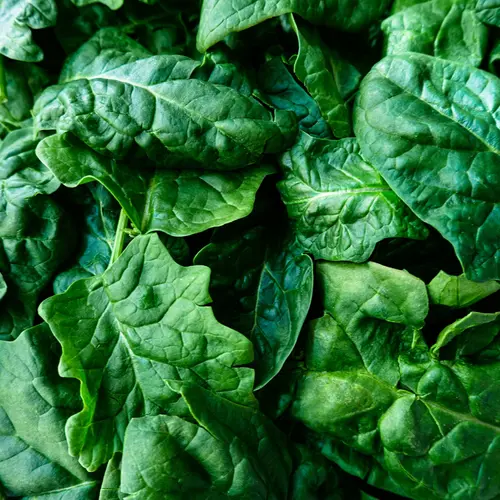In Plain Sight: How Foods Affect Your Body Temperature

Hide Video Transcript
Video Transcript
[MUSIC PLAYING]
But these things do happen. And we're going to see what goes on in your brain when they do, with some high tech thermal camera goodness.
This person is just chilling, when bam, an order of super hot nuclear wings arrives.
Almost immediately the heart rate increases, pumping more blood, literally raising body temperature.
And at some point you ask, why do I do this to myself?
I can't explain the why, but much of the time the what is capsaicin, a compound found in a lot of spicy food. Capsaicin triggers nerve receptors in your mouth which send signals to the brain that it interprets as pain.
Wow. All that red does look painful.
Now, let's check out the opposite effect. When something very cold touches the roof of your mouth it can set off nerves, which respond by causing the blood vessels in the head to swell up, which leads to a pounding headache.
And when it happens too quickly, you get that annoying zing in your temple area, aka brain freeze.
Eventually your body stabilizes back to 98.6 degrees. But it might take a few minutes. Because that ice cream you've barely tasted is typically served at a chilling 6 to 10 degrees.
[SHIVERS]
What I'm saying is, if my friends are watching, it's been three years since I locked myself in the bathroom and cried.
You can stop making fun of me now. Really. [GUITAR NOTES]
AMY GARBER
Ever hung with your friends, watching the big game, and bit into a mega atomic buffalo wing that was so hot you had to run into the bathroom and sob until the pain went away? I've never done that. But these things do happen. And we're going to see what goes on in your brain when they do, with some high tech thermal camera goodness.
This person is just chilling, when bam, an order of super hot nuclear wings arrives.
Almost immediately the heart rate increases, pumping more blood, literally raising body temperature.
And at some point you ask, why do I do this to myself?
I can't explain the why, but much of the time the what is capsaicin, a compound found in a lot of spicy food. Capsaicin triggers nerve receptors in your mouth which send signals to the brain that it interprets as pain.
Wow. All that red does look painful.
Now, let's check out the opposite effect. When something very cold touches the roof of your mouth it can set off nerves, which respond by causing the blood vessels in the head to swell up, which leads to a pounding headache.
And when it happens too quickly, you get that annoying zing in your temple area, aka brain freeze.
Eventually your body stabilizes back to 98.6 degrees. But it might take a few minutes. Because that ice cream you've barely tasted is typically served at a chilling 6 to 10 degrees.
[SHIVERS]
AMY GARBER
So when we eat food that's extremely cold or hot, our body has a physiological reaction, something we have no control over. What I'm saying is, if my friends are watching, it's been three years since I locked myself in the bathroom and cried.
You can stop making fun of me now. Really. [GUITAR NOTES]
